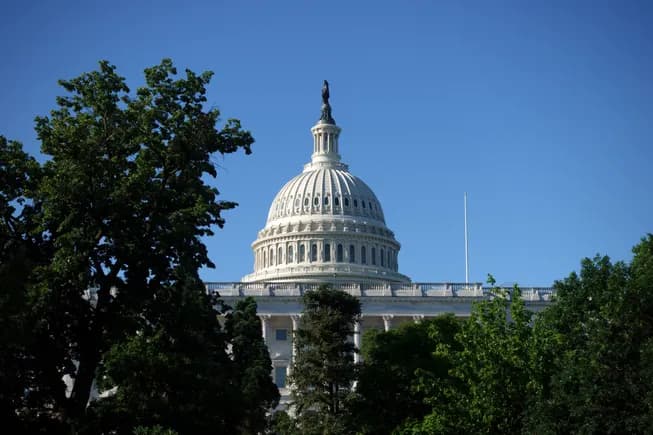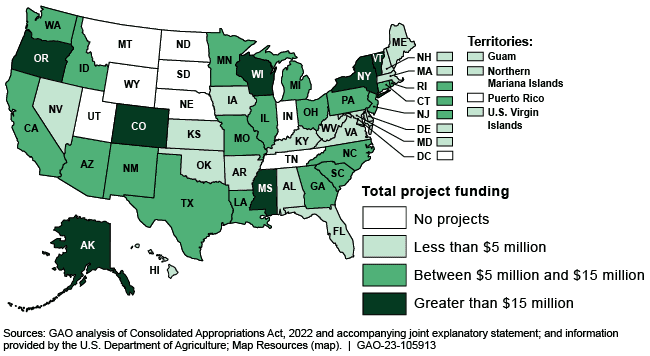House to Vote Next Week on Release of Epstein Files
Speaker Mike Johnson announced the House will hold a floor vote next week on whether to release files tied to the Jeffrey Epstein investigations, a move that could reshape oversight and transparency debates in Congress. The decision matters because it tests the balance between public accountability and the legal protections that govern sensitive investigative records.
Listen to Article
Click play to generate audio
Speaker of the House Mike Johnson said Wednesday that the full House will decide next week whether to release files related to the Jeffrey Epstein matter, setting up a high profile test of congressional oversight powers and institutional limits on disclosure. Speaking to reporters outside his Capitol office, Johnson framed the pending vote as a step toward broader transparency while emphasizing ongoing committee work.
“We’re going to put that on the floor for a full vote when we get back next week,” Johnson said. “In the meantime I’ll remind everybody the [House] Oversight Committee has been working around the clock” on its own investigation. The comments signal that leadership intends to move the question quickly, but they also acknowledge that committee inquiries remain active and may continue to shape what information can legally be released.
The announcement comes amid heightened public scrutiny of how congressional and law enforcement bodies handled allegations and files connected to Epstein over many years. A vote to release documents would place the House in the center of a debate between transparency advocates who argue for public access to government-held records and legal experts who caution that disclosure can conflict with grand jury secrecy rules, privacy protections for victims, and ongoing criminal or civil proceedings.
Procedurally, the Speaker controls the floor calendar, but a vote outcome is not assured. The Republican majority in the House gives Johnson the mechanism to schedule debate and a vote, yet success will depend on internal party cohesion and the positions of House Democrats. Lawmakers will face the choice of weighing public demand for disclosure against potential legal liabilities and the risk of compromising active investigations.
Oversight Committee staff are continuing to review materials, an effort Johnson highlighted when he noted their efforts. The committee’s work could inform the scope of any documents released, which may range from internal correspondence to investigative records. Whether the House will vote on a targeted release or a broader declassification remains unclear. That distinction matters for victims and for institutions named in the files, since narrower releases can limit collateral legal and reputational consequences.
Civil society groups and some legal scholars have been urging Congress to use its oversight tools to increase transparency, particularly in cases that involve systemic questions about accountability in government and the private sector. At the same time, privacy advocates warn that indiscriminate publication of files could retraumatize victims and undermine judicial processes.
A prompt floor vote will force lawmakers to clarify their priorities. If the measure passes, the House will have to establish mechanisms for handling sensitive materials, including redaction protocols and coordination with prosecutors. If it fails, questions will remain about whether Congress can effectively compel disclosure when legal barriers are asserted.
As the House prepares to reconvene, the coming week promises to crystallize how much authority legislators will exercise over investigative records and how they will reconcile competing demands for transparency, legal integrity, and protection of victim privacy. The outcome will have implications for congressional oversight, public trust, and future efforts to release sensitive government materials.


